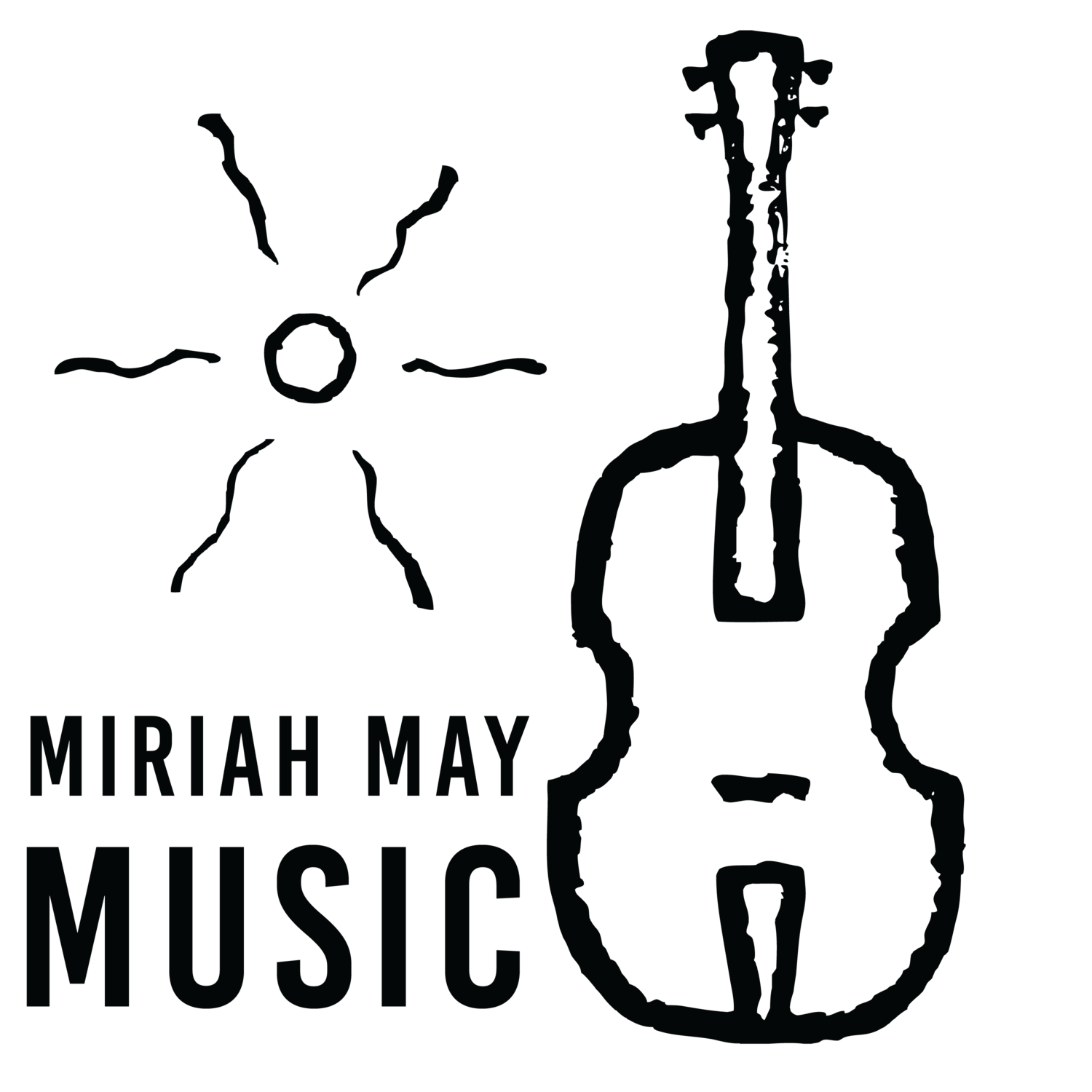Tips for home practice
Practice smart
know your focus before you play
quality over quantity
take the time to listen to yourself
notes in tune, clean transitions and tone
record yourself and listen back
sacred time and space free from distractions
set a timer with scheduled breaks
general practice should have these 3 elements:
warm up & review songs- check position/ technique/ intonation on drills or scales & review older songs; try to play from memory
current/ polishing songs - final touches, tricky sections, dynamics, bowing, phrasing
new song - listening, song form, adding new parts to song
(It’s ok if practice is unavoidably cut short and you only had time to do one of these, or even just listening to the recording. It’s much better than not practicing at all.)
For young children, parents lead by example
if music is important to you, your kids know it
go see live music or play quality music at home and discuss it
emulate the patience and discipline you want to see from your kids
request songs: ask to hear a review/polishing/current piece while you are doing dishes/ working on the computer
children want to mimic adults; learn to play and listen a lot (have your kid give you a lesson)
request mini performances weekly for friends & family, face-timing grandparents, etc.
keep instrument in a visible place; make it convenient to play; consistent productive practice space
Play their recordings, CDs & other quality music often. The natural progression is playing by ear first then reading.
Practice is difficult, younger students need support
small rewards and acknowledgements of hard work really help
review chart - have child get involved in creating it
practice candle - moderately sized that you burn only when you are playing, do something special when candle is burned up
kid game - let student make & decorate game- different squares could be for different pieces/ activities. Do something special when you reach “home”.
main point is simply to keep kids playing, practicing and moving forward until they have the internal motivation to set goals and reach them on their own
Music is a lifelong journey
Success and improvement take patience & time to develop. Just because you’re not moving onto a new piece each week doesn’t mean you’re moving at a slow pace. A seed is planted but we don’t see the growth for weeks and then a shoot appears.
When working on something hard, getting stuck and frustrated is ok. Take breaks and do something else.
Sometimes the more you try to deal with technical problems head on, the less progress you make. With experience, you realize the ways to deal with those situations comes from other areas of your life. If you think of your life in a holistic way, music isn't separate from any other aspect of your life, it’s all part of the same thing and progress isn’t usually a straight line. Be patient.

